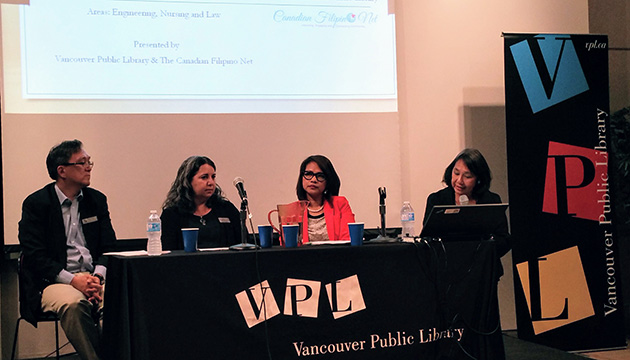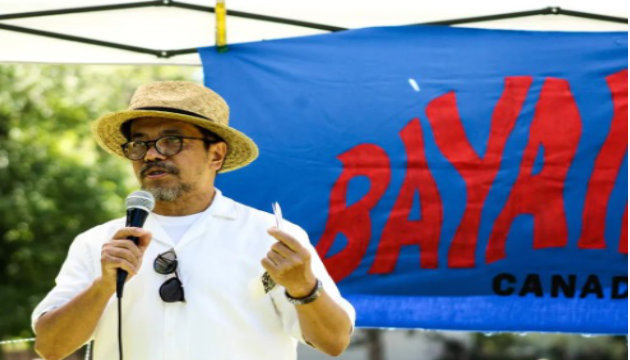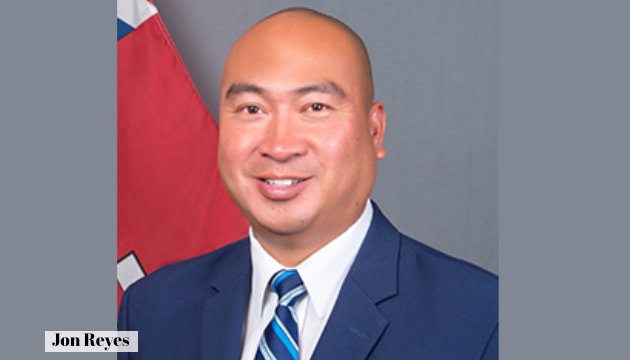November 16, 2025 — Canada and the Philippines have signed a pact that allows their armed forces to conduct joint military drills on each other’s territory.
It’s the first Status of Visiting Forces Agreement (SOVFA) that Canada has become part of in the Indo-Pacific, with Ottawa underscoring the importance of the Philippines in the region.
“As a democratic nation, it plays a key role in promoting peace and stability in Southeast Asia and upholding respect for international law,” the Canadian Department of National Defence noted about the Philippines in a statement on November 2, 2025.
On that day, Canadian Minister of National Defence David McGuinty and Philippine Secretary of National Defense Gilbert Teodoro signed the agreement during McGuinty’s first visit to the country since his appointment.
“Canada recognizes the Philippines’ influential position in the region as we strengthen defence and security cooperation with the Association of Southeast Asian Nations (ASEAN) and its members,” the Canadian government statement said.
McGuinty and Teodoro signed the agreement in the face of opposition from the Canada chapter of the International Coalition for Human Rights in the Philippines.
In a letter to Prime Minister Mark Carney, ICHRP-Canada chairperson Luthfi Mawarid cautioned that the SOVFA will link Canada to a “government that has yet to show credible progress on human rights”.
To illustrate, Mawarid wrote in the letter dated October 30, 2025 that the Philippines under President Ferdinand Marcos Jr. “continues to be marked by extrajudicial killings, enforced disappearances, and mass displacements”.
“Karapatan, a respected human-rights alliance, reports at least 120 extrajudicial killings, 15 enforced disappearances, and hundreds of illegal arrests under Marcos Jr., as of mid-2025,” Mawarid wrote.
The Philippine Star newspaper reported on a joint press conference held by Teodoro and McGuinty following the signing of the SOVFA.
At the media event, Teodoro said: “It is a milestone for Canada, and it is an honor for the Philippines to be the first partner of Canada in this endeavor. And together, we will be stronger for the greater good of the Indo-Pacific.”
International affairs magazine The Diplomat reported that the agreement is the fifth of such kind that the Philippine government has signed so far.
The publication noted that the Philippines has similar agreements with the United States (1998), Australia (2007), Japan (2024), and New Zealand (April 2025).
The Diplomat reported that the Philippines signed the SOVFA with Canada amid ongoing tensions with China over contested territories in the South China Sea.
“Indeed,” the magazine explained, “China’s belligerent behavior in the South China Sea is the primary driver of the thickening security cooperation between Ottawa and Manila.”
“Over the past few years, the China Coast Guard (CCG) has increased the frequency and intensity of its incursions into Philippine-claimed waters, particularly around Scarborough Shoal, a reef due west of Luzon, and Second Thomas Shoal and Thitu Island in the Spratly Islands.”
In November 2022, Canada launched its Indo-Pacific Strategy, which will guide its long-term engagement in the region, including military and defence cooperation.
In the Canadian national defence statement, McGuinty said that the country “values the Philippines’ vital role in Southeast Asia”.
“Finalizing the Status of Visiting Forces Agreement with the Philippines’ Department of National Defence marks a significant milestone in the enduring partnership between our two nations, built on more than 75 years of diplomatic ties,” McGuinty also said.
Following the signing of the SOVFA, ICHRP-Canada released a statement on November 3, noting that the agreement is “not isolated”.
“It forms part of a growing web of foreign military pacts in the Indo-Pacific region that deepen militarization and risk drawing Canada into conflicts beyond our control. By mirroring U.S. security priorities, this deal compromises Canada’s independent voice in promoting peace and human rights in Asia,” noted the statement released by Mawarid and Jess Agusin, campaign committee lead of ICHRP-Canada.
“Canadians have a right to see the full text of the pact, understand what is being signed in their name, and ensure Parliament has a genuine opportunity to debate its implications before it takes effect,” the group said.













